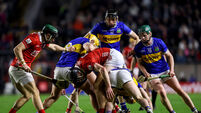Gay men just as bad as women for navigational abilities, research finds
Both share the same poor sense of direction and rely on local landmarks to get around, a study suggests.
They are also slower to take in spatial information than heterosexual men.














